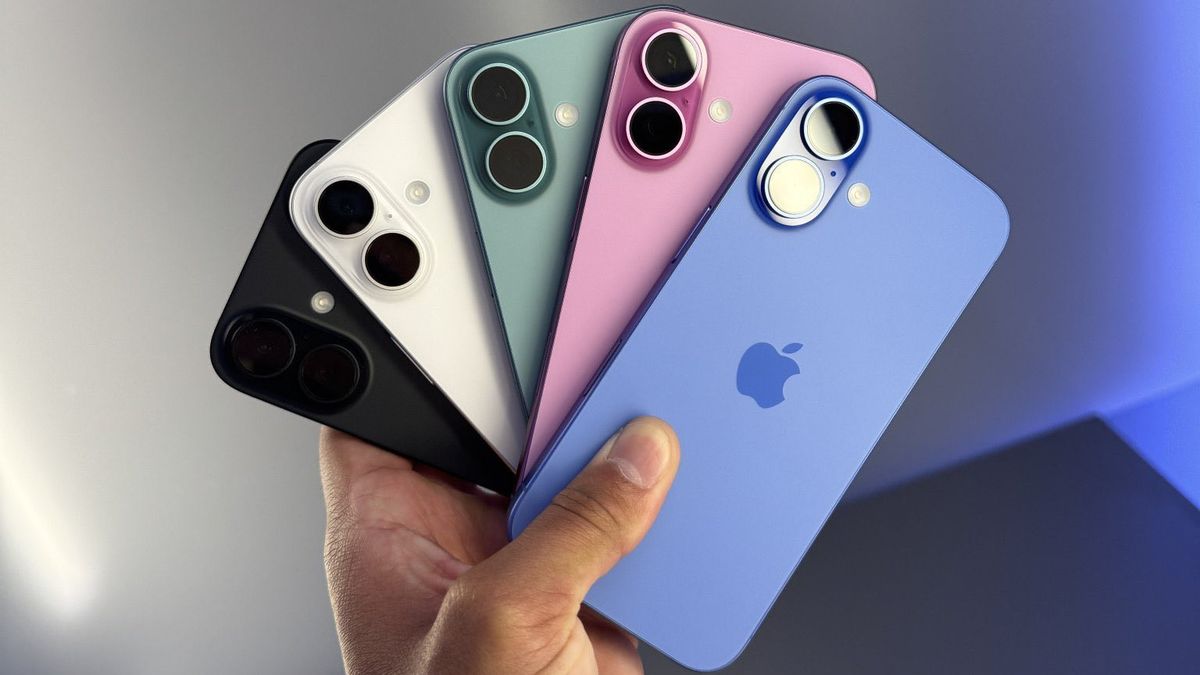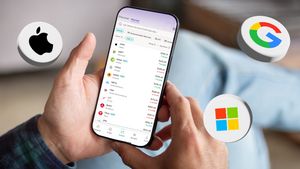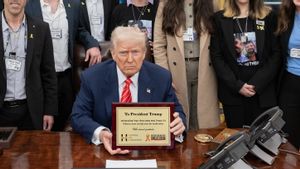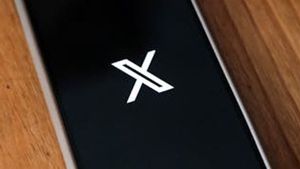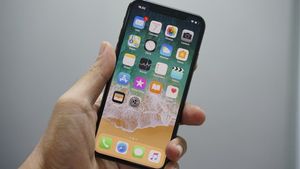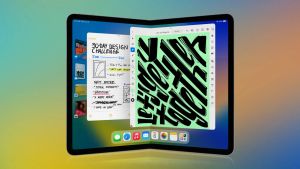Russia's leading electronics retailer has opened the latest iPhone 16 pre-order, although Apple has imposed a ban on exports to the country since 2022. The move comes through a parallel import line or a "grey market", backed by the Russian government to maintain consumer access to global brand goods that come out of the Russian market after an invasion of Ukraine.
Two big retailers, M.Video-Eldorado and cellular operator MTS, claim to be the first to introduce the iPhone 16 in Russia. They announced that Apple's latest device could already be booked at a much higher price than in the United States. M.Video said that deliveries would start next week, while MTS revealed that physical sales would take place soon.
Prices Are Much More Expensive
The iPhone 16 in Russia is sold at a much higher price than the international market. The 128GB iPhone 16 model sells for 112,999 rubles, or around Rp. 18.6 million, more expensive than the US price of US$ 799 (Rp. 12.1 million). Meanwhile, the iPhone Pro Max 1TB model is priced at 249,999 rubles (Rp41.2 million), almost double its official price in the United States, which amounted to US$599 (Rp.24.3 million).
MTS sets a slightly higher price than M.Video and requires a deposit of 25,000 rubles for pre-orders. Despite the high price, demand remains strong among Russian consumers who still want advanced technology products from the West.
Parallel Import Path
Since Russia's invasion of Ukraine and sanctions imposed by Western countries, Apple has stopped the sale of its products in Russia, including services such as ApplePay. However, through a parallel import scheme approved by the Russian government, goods from Western brands, including Apple products, continue to enter the country. These imports are generally carried out through countries that do not impose sanctions on Russia, such as Turkey, Kazakhstan, China, India, and the United Arab Emirates.
SEE ALSO:
It is not certain the exact route used to import the iPhone 16 to Russia, but this parallel import scheme allows these items to remain available to Russian consumers.
Although Apple and many Western technology companies have withdrawn from Russia as a form of pressure on Moscow, their products continue to be available through unofficial channels. This shows the huge challenges these companies face in controlling the distribution of their goods when leaving certain markets.
The Russian government itself encourages to reduce dependence on foreign products by increasing domestic production. In addition, the Kremlin has also banned state officials from using the iPhone, claiming that the device could be infiltrated by Western intelligence agents, even though Apple has denied the allegations.
With the launch of the iPhone 16 in Russia, consumers remain enthusiastic about getting the latest technology from Apple, even though it goes through different distribution channels and at higher prices.
The English, Chinese, Japanese, Arabic, and French versions are automatically generated by the AI. So there may still be inaccuracies in translating, please always see Indonesian as our main language. (system supported by DigitalSiber.id)
